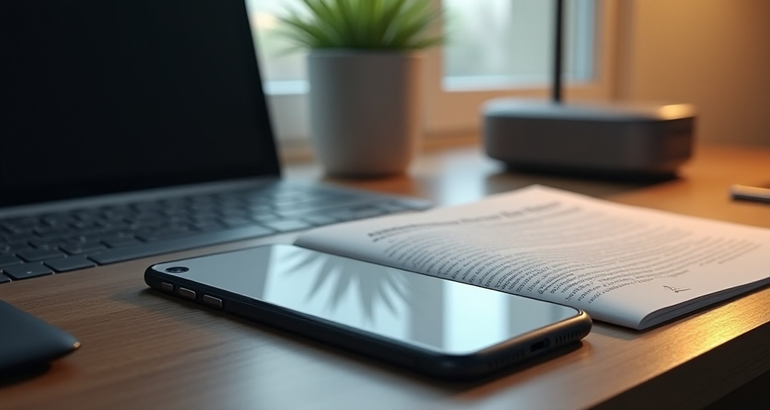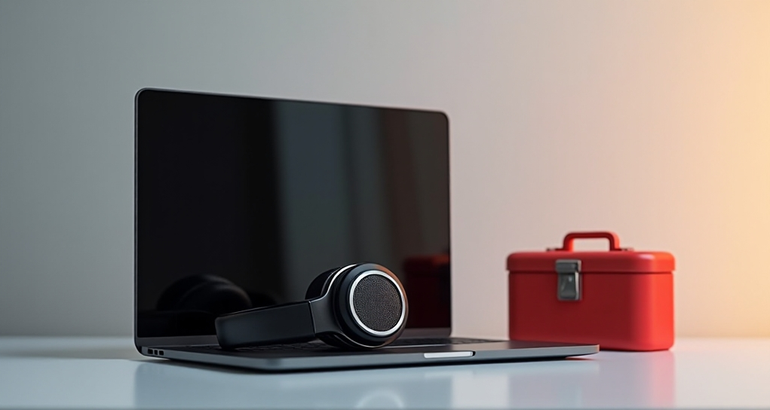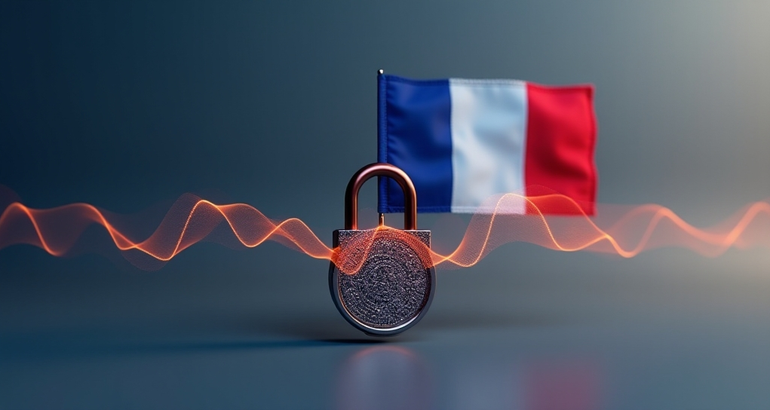Can Private Browsing Be Traced on iPhone with MetroVPN?

- Privacy





Overview
Private browsing is a popular feature among iPhone users, but many wonder if it truly keeps their online activities private. This article explores whether private browsing can be traced on iPhone and how MetroVPN can enhance your privacy. We’ll delve into the limitations of private browsing, the role of VPNs, and practical tips to ensure your online activities remain secure.
Contents
The Limitations of Private Browsing
How MetroVPN Enhances Your Privacy
The Role of Encryption in Online Privacy
Practical Tips for Maintaining Online Privacy
The Limitations of Private Browsing
Private browsing, often referred to as "incognito mode," is designed to prevent your browser from saving your browsing history, cookies, and site data. While this feature offers a layer of privacy, it does not make you completely anonymous. Your Internet Service Provider (ISP), network administrators, and even websites can still track your online activities. Additionally, private browsing does not hide your IP address, which can be used to identify your location and device.
How MetroVPN Enhances Your Privacy
MetroVPN is a powerful tool that can significantly enhance your online privacy. By encrypting your internet connection, MetroVPN ensures that your data is secure from prying eyes. Unlike private browsing, MetroVPN hides your IP address, making it difficult for third parties to track your online activities. Whether you’re browsing, streaming, or downloading, MetroVPN provides a secure and private internet experience.
The Role of Encryption in Online Privacy
Encryption is a critical component of online privacy. MetroVPN uses advanced encryption protocols to protect your data from hackers, ISPs, and other malicious entities. When you connect to MetroVPN, your data is encrypted before it leaves your device, ensuring that it remains unreadable to anyone who intercepts it. This level of security is especially important when using public Wi-Fi networks, which are often targeted by cybercriminals.
Practical Tips for Maintaining Online Privacy
While MetroVPN provides robust privacy protection, there are additional steps you can take to safeguard your online activities. First, always use strong, unique passwords for your accounts. Second, enable two-factor authentication (2FA) whenever possible to add an extra layer of security. Third, regularly update your devices and apps to protect against the latest vulnerabilities. Finally, be cautious about the information you share online and avoid clicking on suspicious links or downloading unknown files.
Conclusion
Private browsing on iPhone offers some level of privacy, but it is not foolproof. To truly protect your online activities, consider using MetroVPN. With its advanced encryption and IP masking capabilities, MetroVPN ensures that your data remains secure and private. By following the practical tips outlined in this article, you can further enhance your online privacy and enjoy a safer internet experience.






